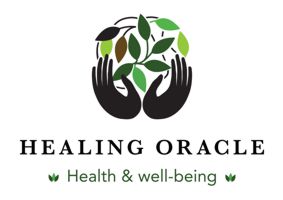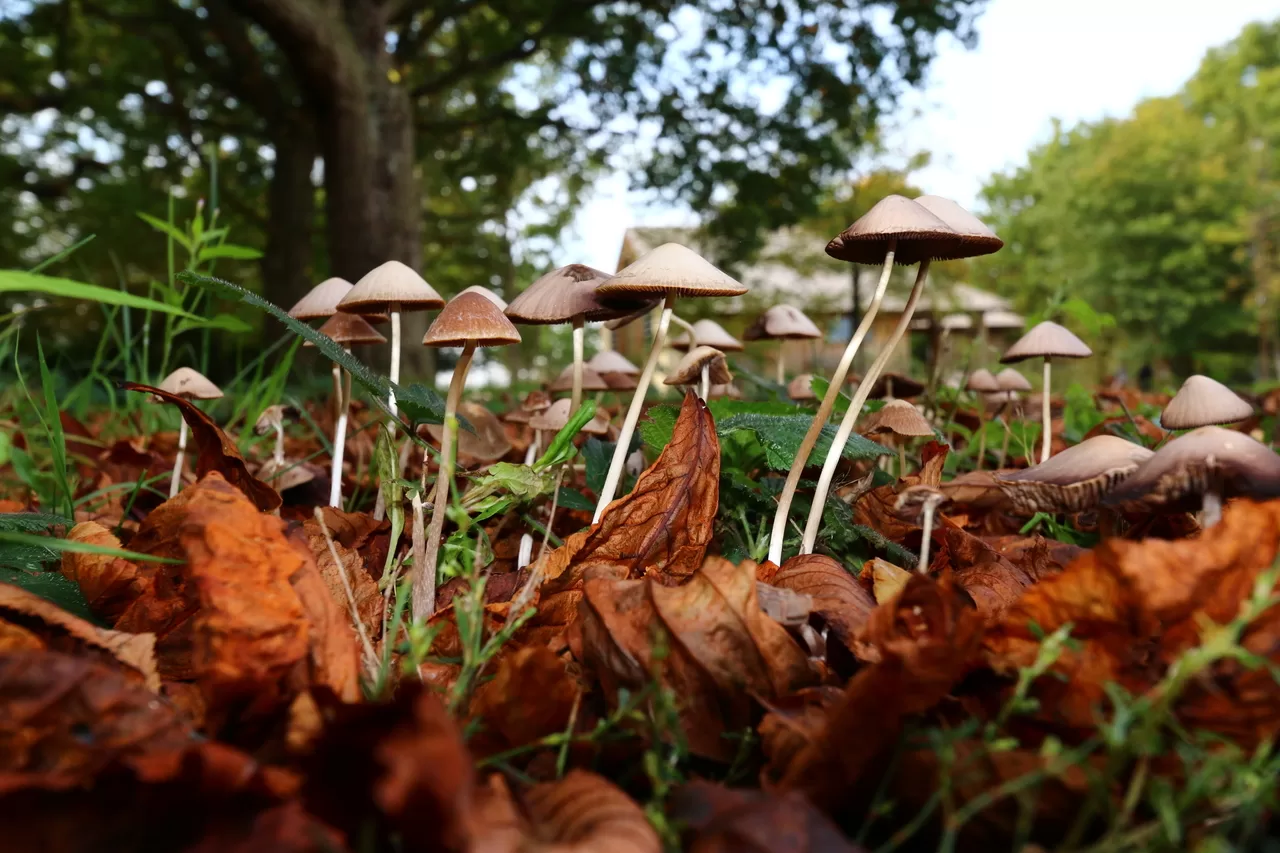We can say from first hand experience of seeing this in effect, Psilocybin are a reliable form of treating mental health disorders and it is highly effective.
According to recent research, Magic mushrooms also help with cognitive decline diseases like Alzheimer’s disease and dementia (1). The fungi group has previously shown potential to aid mental health problems such as anxiety or depression; they’re also known for their impact on addiction – helping smokers quit cigarettes, among others!
The very best results with dementia is actually micro dosing . Psilocybin mushrooms have never seen it fail. I was personally shocked. I visited Bromelia retreat in Dos Mangas, Ecuador where they practice this. They use magic mushrooms for many reasons. There is many years of studies. Simply google this subject, it really is the best. I was shocked. When patients and family see the studies they will think differently about Psilocybin mushrooms.
Patients can micro dose at home.
Legal Relaxations:
After the relaxation of marijuana worldwide, calls can be heard for psilocybin to be legalized. Magic mushrooms have legal relaxations across Latin America and the Caribbean islands. They were decriminalized in several US states earlier in 2020. They are also permitted in truffle farms in the Netherlands and decriminalized in Portugal. As a result, it is now possible to buy mushrooms online in many countries. The relaxation of legal restrictions has been given an additional push with growing evidence that psilocybin mushrooms could have valuable therapeutic properties (3).
Whilst even mainstream media is suggesting there is a psychedelic drug boom in mental health treatment comes closer to reality, with CNBC covering the incredible benefits of Psilocybin:
- New results from a clinical trial using MDMA to treat post-traumatic stress disorder showed the promise of a stigmatized drug to treat mental illness at a time when Covid-19 has raised global awareness of the toll of mental health conditions.
- Companies like Compass Pathways, which uses psilocybin for depression, and Atai Life Sciences, backed by Peter Thiel, are researching a variety of ways to treat mental health with alternative and psychedelic therapies.
- Decriminalization and legalization of drugs like “magic” mushrooms in places including Denver and Oregon may lead to broader public acceptance, but the emerging alternative drug industry is focused on patients most in need and where current psychiatric medications have failed.
Magic Mushrooms May Slow Progress of Alzheimer’s Disease
Magic mushrooms are being studied as a potential treatment for Alzheimer’s disease. Some scientists have found that these fungi can combat mild cognitive impairments, and there is evidence to suggest they may help patients who are predisposed or already suffering from this illness. Here’s what you need to know about how magic mushrooms could revolutionize treatments.
Psychedelics can alter even the cellular and molecular structure of the brain, which is also the primary component. When exposed to the cells like neurons, psychedelic drugs help create new connections of synapses called synaptogenesis. This brings in new outgrowths of the neuron network in the brain. With patients suffering from mild cognitive impairment or Dementia and Alzheimer’s, these processes are not functioning normally.
Patients with impaired memory have apparent cognitive decline, causing their minds to focus less on anything and wander more into unrelated matters. Psychedelics help the brain generally create new connections and rewire the neurons. Neural signals the different parts of the brain might start to communicate again through neural signals. The emerging research is trying to fully understand the full benefits and effects of psychedelics on the brain (4).
In their article: Psychedelic Compound in “Magic Mushrooms” Prompts Growth of Neural Connections Lost in Depression
genengnews.com highlights another study:
Imaging studies in rodents have shown how just a single dose of the psychedelic drug, psilocybin—the compound found in “magic mushrooms”—prompts structural remodeling of neurons in the brain that could help to explain the drug’s reported antidepressant effects. The studies, by researchers at Yale University, found that administering psilocybin to mice led to an immediate and long-lasting increase in the number and strength of connections between neurons in a specific region of the cortex. Interestingly, they pointed out, other research has shown that subanesthetic doses of the drug ketamine cause similar rapid increases in spine density and elevation of spine formation rate in the medial frontal cortex.
Some studies found that compounds present in certain mushrooms “could be beneficial for people with diseases such as Alzheimer’s,” said Doug Brown, the Research Director at the Alzheimer’s Society.
While studies continue, it is worth remembering that plenty of age-old practices includes utilising magic mushrooms as part of therapeutic processes. It could just be the case that the scientific world is finally catching on.
Some Facts for Magic Mushrooms:
Magic Mushrooms Boost New Brain Cells Growth: Scientific studies prove that psilocybin aids new brain cell growth and stimulates the hippocampus, responsible for the brain’s memory and emotions.
Mushrooms Help Fight Addictions: Magic mushrooms have great effectiveness in treating alcohol, cocaine, cigarette, and cannabis addiction. Some treatments require clinical or rehabilitation programs, including cognitive behaviour therapy. Studies show that psychedelics make users understand and realize their dependence on drugs.
Magic Mushrooms can Lead to a Positive Personality: Psychedelics alter the feelings & perceptions of a person. Studies prove it to be one of the long-term effects of psilocybin (5). The most significant change in a person is openness. This implies being creative, imaginative, and appreciative.
Magic Mushrooms has Mental Health Benefits: Researchers (6) suggest that these psychedelic fungi have several effects on health. The use of psilocybin for mental health is a part of a therapeutic program. Cases of overdose and lack of preparation may lead to experiences like “bad trips” and withdrawals, which can be dealt with entirely under expert supervision.
The Future with Magic Mushrooms
With the current studies on Alzheimer’s and Dementia, researchers hope to relieve patients looking for a reprieve from these diseases. The meditative effects of Psilocybin cause an overall feeling of positivity, predominant in patients recovering from severe illness. More pilot studies are needed for better insights into the scope and willingness of people to participate in such studies. The federal government of Australia is funding research (6) into using psychedelics to treat mental disorders, with a hope that it works!
As for now, there is a deep hope associated with to use of magic mushrooms in the treatment of cognitive diseases. They might be widely classified as restricted drugs, but evidence from ongoing studies is likely to improve its reputation in the future. Predicted to become powerful tools in future, they are being looked upon to reduce risks & target diseases that have lesser-known treatments.
With research proving cannabis oil and related products to help treat cancer, tumours and arthritis, Magic Mushrooms are the new HOPE for many of us!
References and Sources:
- https://www.ncbi.nlm.nih.gov/pmc/articles/PMC7554922/
- https://www.ncbi.nlm.nih.gov/pmc/articles/PMC8602275/
- https://www.ncbi.nlm.nih.gov/pmc/articles/PMC8156539/
- https://www.ncbi.nlm.nih.gov/pmc/articles/PMC4813425/
- https://pubmed.ncbi.nlm.nih.gov/32194129/
- https://www.abc.net.au/news/2021-03-17/federal-government-research-psychedelics-treat-mental-illness/13256584
Love and Light
The Healing Oracle Team
Please join our growing numbers on MeWe: Healing Oracle
Also join us on Twitter | YouTube
Global Petition
Please sign our global petition against enforced vaccinations The intention of this petition is to present 5 million signatures to each President, Prime Minister, Health Minister and heads of state worldwide.
Vaccines are a global problem and need to be tackled on a global level.
If we stand as one, we have a chance of saving the children of the future.

